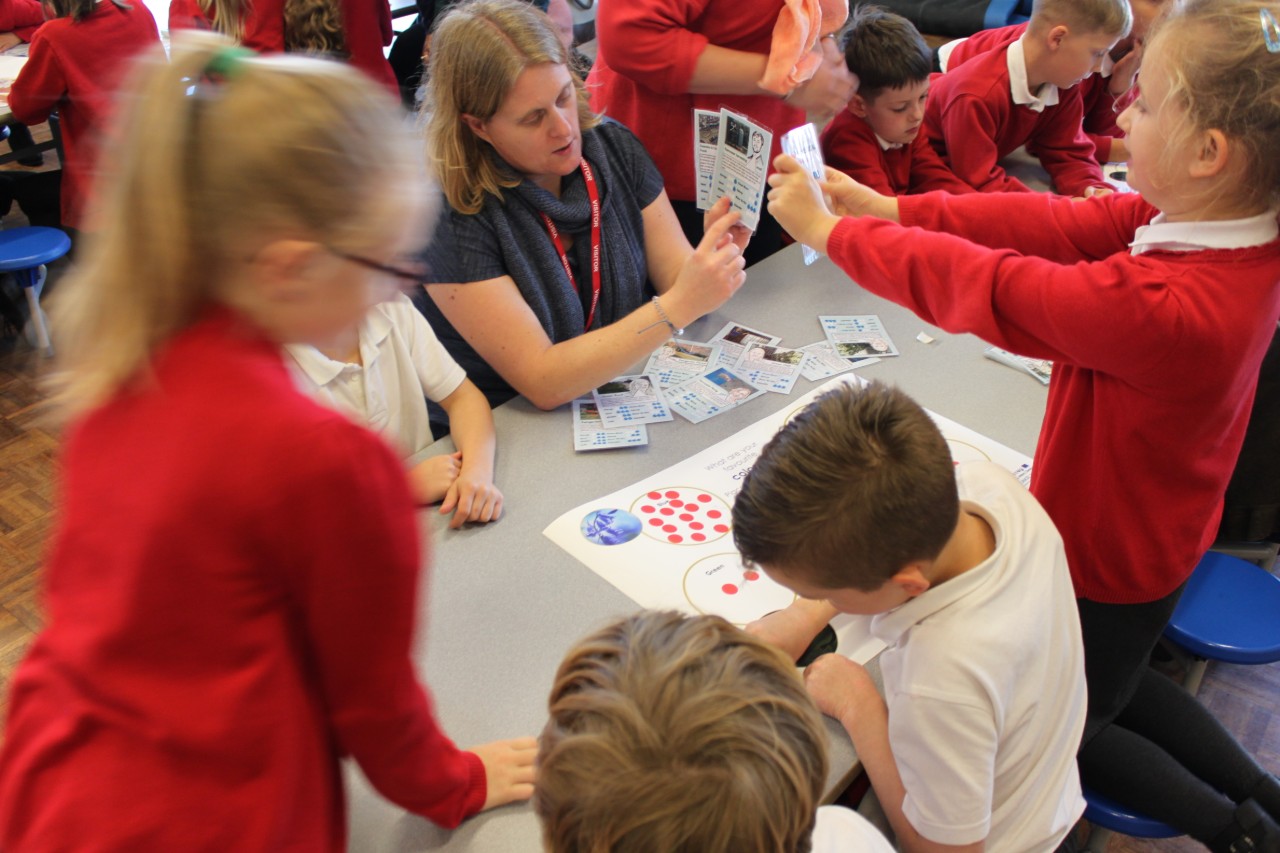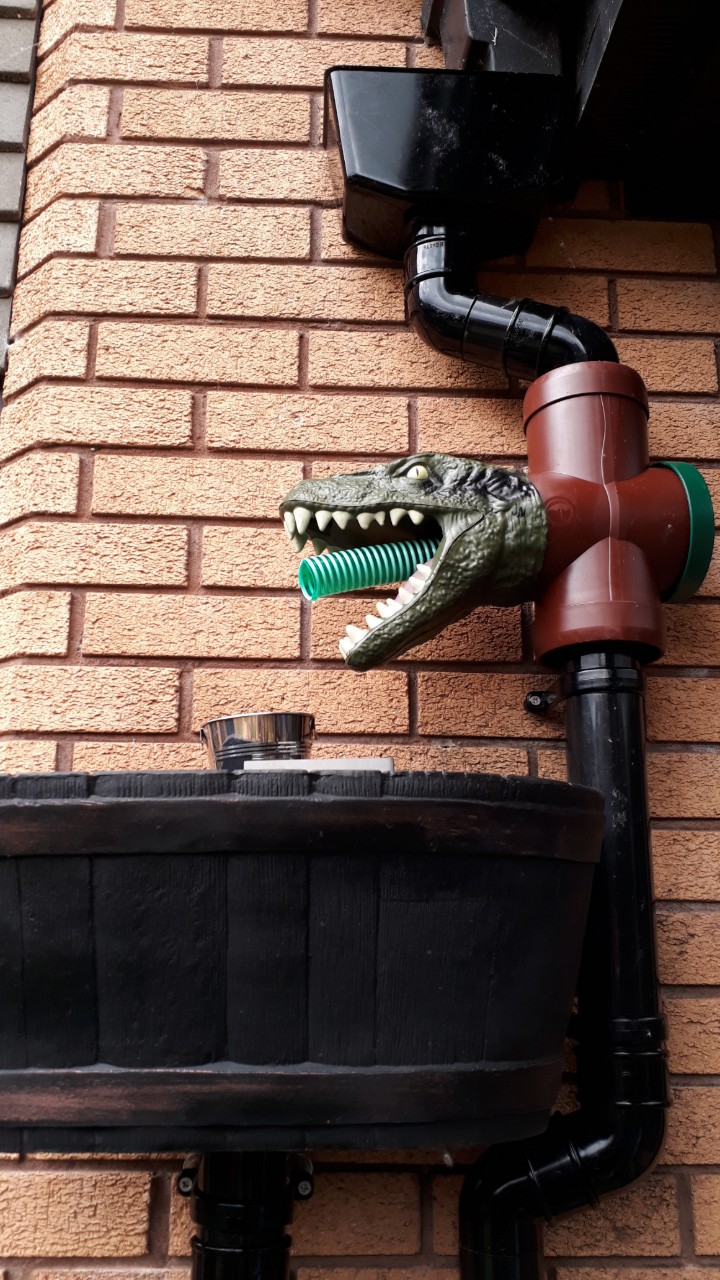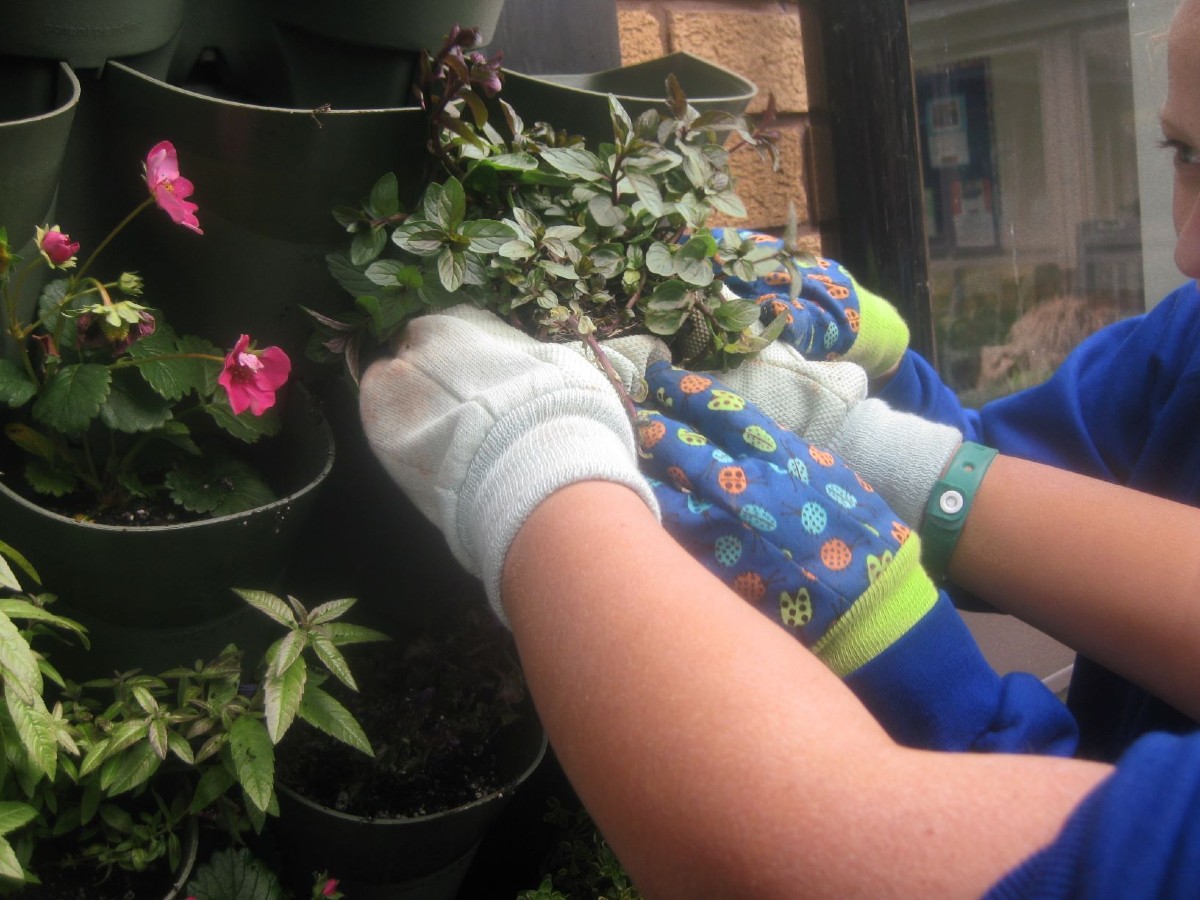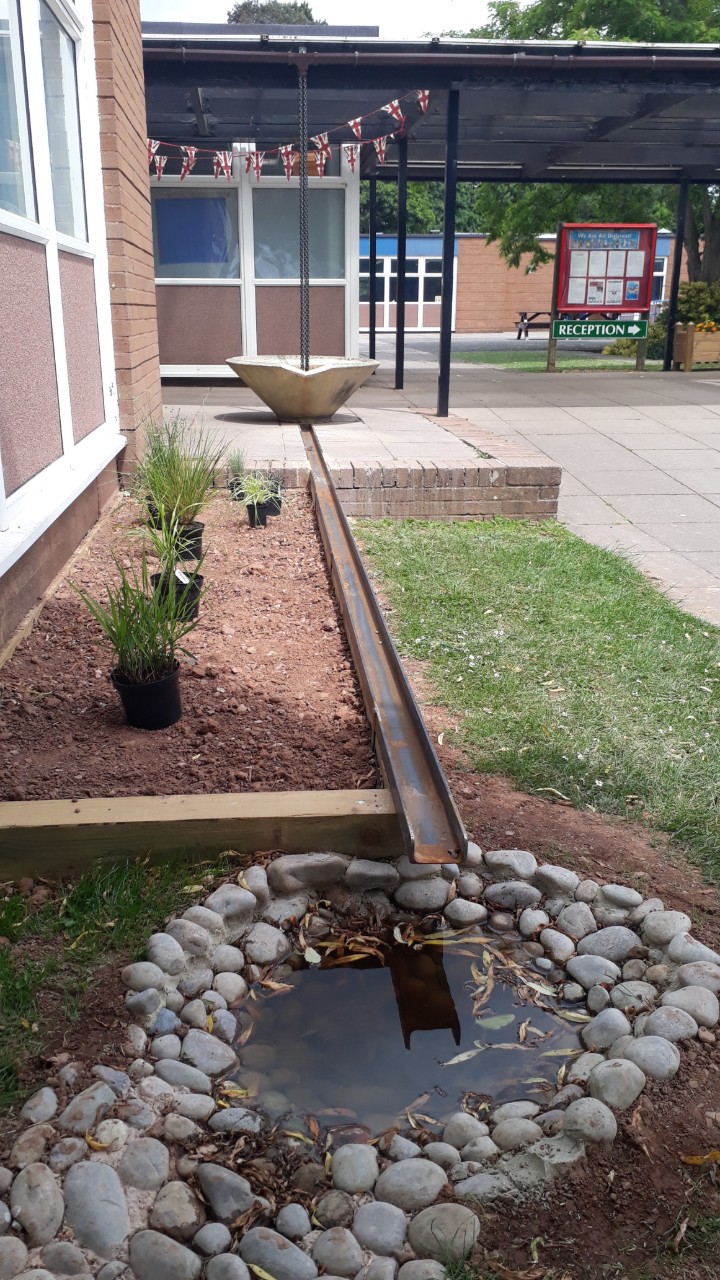
Posted on: October 2019
Dr Sarah Ward, University of the West of England

Dr Sarah Ward, University of the West of England
| About the author: Dr Sarah Ward is Associate Professor in Environmental Hazards and Community Resilience within the Centre for Water, Communities and Resilience at the University of the West of England, Bristol. |
||

Imaginative and immersive experiences as a child can last a life time and at a time where the planet faces a range of challenges, we need to engage children and young people in positive, action-orientated ways.
There is also the need to highlight the important role and value of science, technology, engineering and maths (‘STEM’) in identifying interventions for society to reduce the consequences of challenges such as climate change. As if this wasn’t enough, there’s also the need to enhance gender diversity within STEM subjects (traditionally male-dominated) to enable interventions to be identified and designed in appropriate and inclusive ways.
There is also the need to highlight the important role and value of science, technology, engineering and maths (‘STEM’) in identifying interventions for society to reduce the consequences of challenges such as climate change. As if this wasn’t enough, there’s also the need to enhance gender diversity within STEM subjects (traditionally male-dominated) to enable interventions to be identified and designed in appropriate and inclusive ways.
So from June 2018-July 2019, a team of engineers and engagement professionals embarked on the task of doing these things focusing on the urban water cycle, flooding and sustainable drainage systems (SuDS) in Taunton (Somerset, UK), thanks to funding from the Royal Academy of Engineers Ingenious programme, in collaboration with the Somerset Sponge project – see video here: https://www.youtube.com/watch?v=dCKun9A07Vs
The 'Westcountry Women Working With Water' (5W) project team included UWE Bristol’s Sarah Ward, with other UWE staff and in collaboration with the Westcountry Rivers Trust, the University of Exeter and OTA Water. We also worked with the inspirational Cath Hassell at ech2o, who received RAE Ingenious funding too – for the 2nd Frankie the Flamingo book. We were lucky enough to have Cath join us to train the engineers in reading the book to the children and delivering the associated workshop. Some pics here: http://somerset-sponge.org/workshops-and-celebration-days-with-our-5w-schools/
Taunton suffers a past and projected future of flooding under changing climate scenarios, so the 5W team co-created engaging water and SuDS-focused activities with primary school children in two schools. Messing around with water, sand, soil, gravel and plants to demonstrate how each alters an infiltration rate was lots of fun for everyone, with the children quickly learning that concrete and tarmac are rubbish for surface water management! Specially-created ‘SuDS Top Trumps’ introduced swales, ponds, rain gardens and the like, then a follow-up poster and sticker activity enabled the children to tell the team what the features might look, smell and feel like. Two rain gardens were then co-designed and built at each school and through ‘celebration events’ parents and guardians were invited along to ask questions and explore the installations.
What’s next? To ensure the engagement is a long-term one, the team are currently ironing out some rain gauge issues to enable a citizen science project using monitoring equipment, so the children can collect and use rainfall and runoff data to learn about STEM topics and perform their own SuDS research! The children expressed they had learnt so much about so many things and the 5W team learnt a lot about how to engage school children with STEM topics and how exhausting it can be to be a primary school teacher!
Footnote: the session plans and learning materials co-created during the project are available in the teachers notes for the book ‘DRY: the diary of a water superhero’, available from: https://aboutdrought.info/educational-resources/
 |
 |
 |



